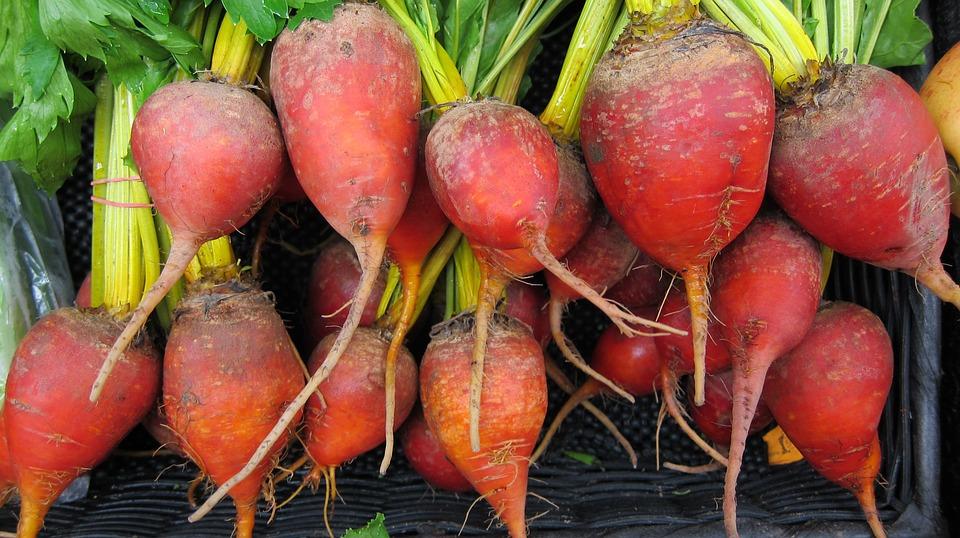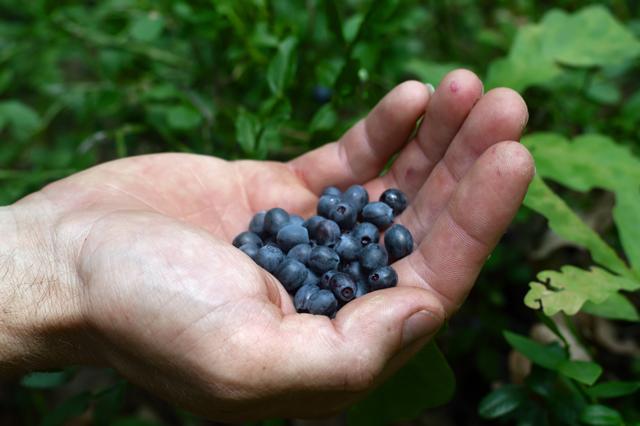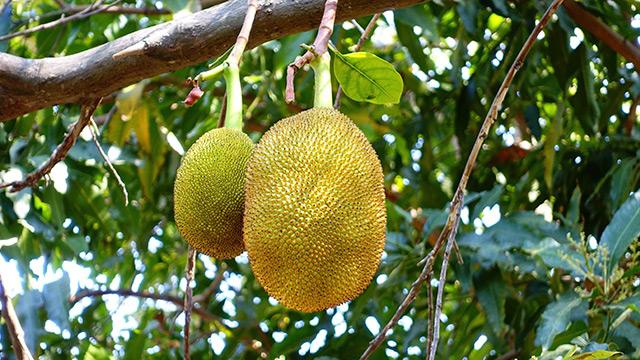You can prevent heart disease — eating a healthy diet, such as a plant-based diet, and making healthy lifestyle changes are just some of the steps you can make. Cholesterol is the greatest risk factor for coronary heart disease. It increases in levels because of poor diets. Most people who were raised on a conventional Western diet, […]
Eating fruits and vegetables offer a wide range of vitamins and minerals — and just about every nutrient that is beneficial for overall health. So it’s no surprise that they can also decrease your risk of developing dementia later in life. However, particular fruits and vegetables are especially good at fighting off dementia, and they are some […]
A nine-foot tapeworm was removed from a man’s rectum in Singapore, according to a report by the Daily Mail Online. The unnamed man did not know that a tapeworm was growing inside his intestine because there were no symptoms of having a tapeworm, such as severe abdominal pain. Experts at the Department of Microbiology of […]
Beets are extremely distinctive vegetables. Their bright, red color, slight sweetness and soft, buttery texture either makes people fall in love with them, or turn the other way. Of course, if people knew how incredibly nutrient-rich beets were, perhaps more people would diligently try to include these precious root vegetables in their diet even if […]
An anti-organic food, pro-GMO opinion piece in Newsweek allegedly has the Monsanto’s fingerprints on it. In the Op-Ed that accuses the organic food “campaign” of being a “deceitful, expensive scam,” the author, Dr. Henry I. Miller, claims that organic farming uses pesticides and that this form of agriculture is wasteful to farmland and water resources. Among other […]
According to a recent study, bicarbonate of soda (also known as baking soda,) “helps women avoid Caesarean-sections.” The findings of the study, which were published in The Journal of Maternal-Fetal & Neonatal Medicine, revealed that baking soda dissolved in water can help at least 17 to 20 percent of women to give birth naturally if they are experiencing […]
Preparing for any emergency increases your chances of survival, and knowing how to forage in the wild is one of the most useful skills to have. If you find yourself forced to survive in the woods, it is important to know which plants could be your next meal and which ones could be your last. […]
Fruits like oranges, grapefruits, lemons, and lime are not only delicious, they may also lend a hand in preventing dementia, according to a study. Researchers from Tohoku University discovered that older adults who regularly eat citrus fruits have a lower likelihood of getting dementia, in a study published in the British Journal of Medical Nutrition. The paper, titled […]
Jackfruit is known to be the largest tree-borne fruit in the world. Moreover, it is packed with various vitamins and minerals that can help support overall health. Jackfruit can be eaten in different ways — raw, dried, roasted, or added to soups. In addition, it can be made into chips, jams, ice cream, and juices. […]
Mustard is a popular condiment around the world, with everyone knowing its distinct flavor when used in sandwiches and barbecues. The use of mustard as a condiment is thought to have originated in Ancient Rome where it was used to flavor roasted boar. According to a Care2.com article, the seasoning eventually became well-known in the French city […]










